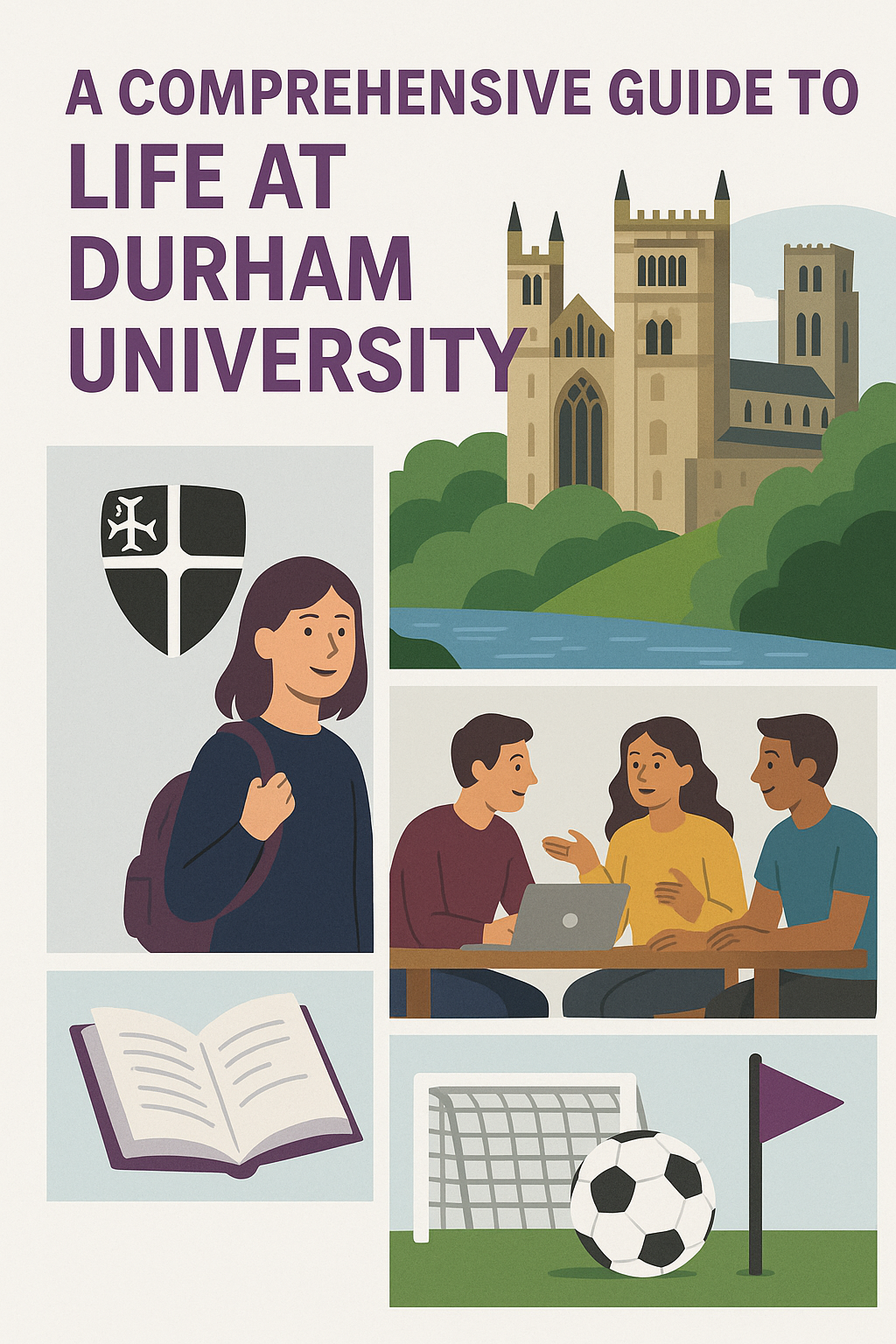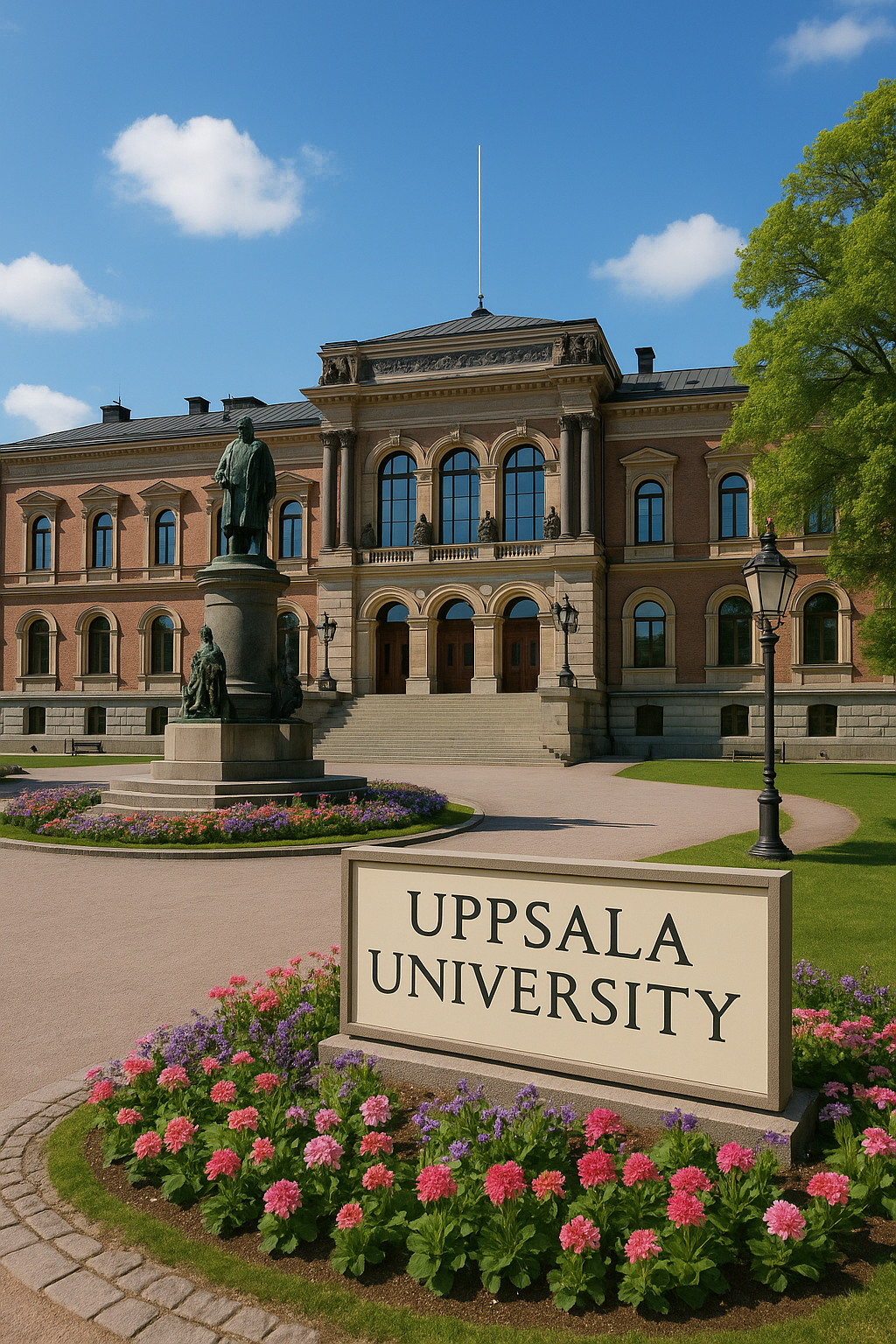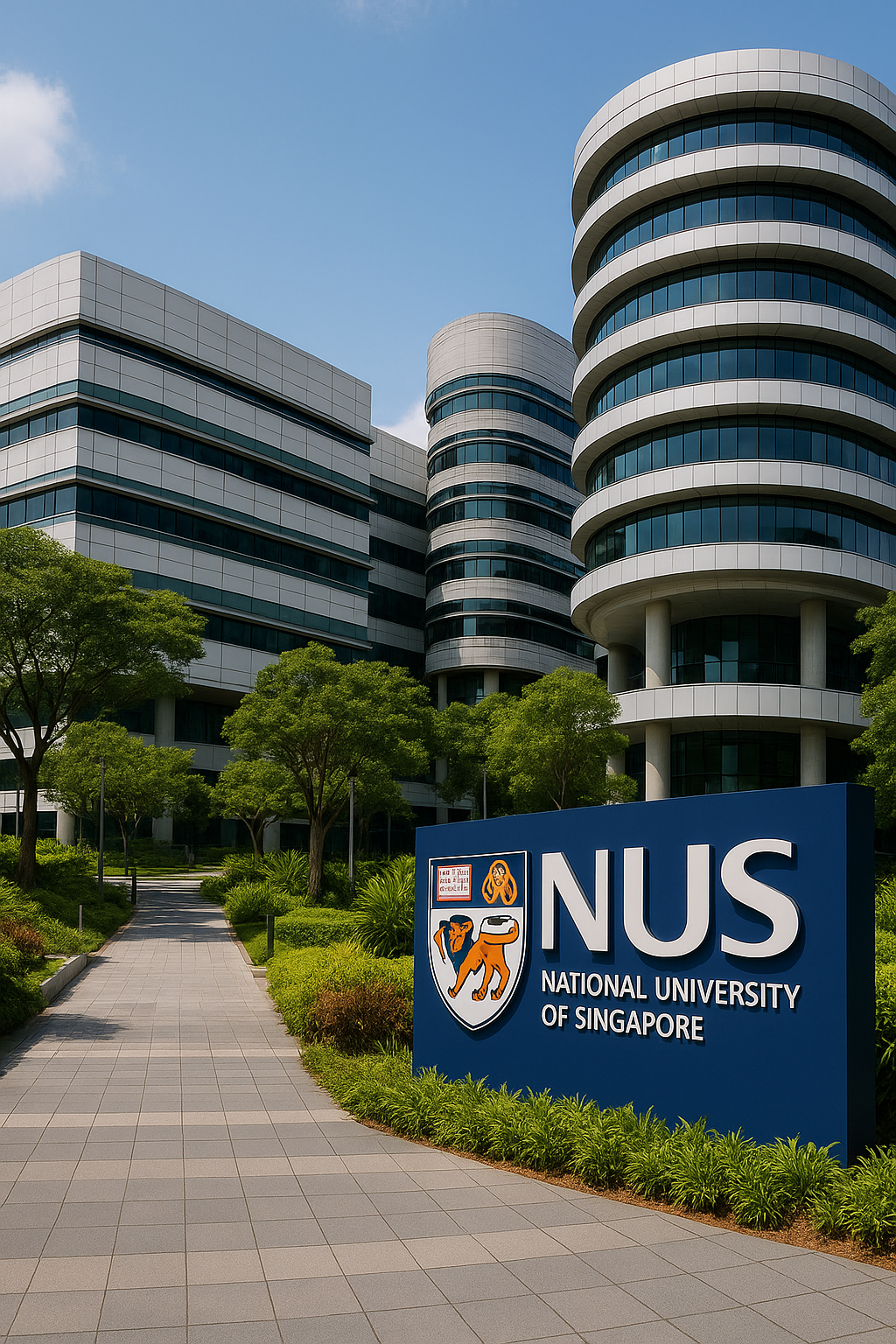Introduction to Durham
Durham was first founded in AD 995 by a group of monks from Lindisfarne, and since then, it has gone through various iterations until we get to the modern city that we know and love today.
Exploring Durham’s Layout
Now, let’s take a quick look at Durham. In the center, you’ll find the peninsula, which is home to the Bailey, the castle, and the cathedral, highlighted in blue. Next, we move to the hill, near the science site, which also houses most of the colleges, highlighted in red. These are just a couple of the main places you’ll need to know as a student.
The Birth of Durham University
There have been many attempts throughout history to form a university in Durham, and they finally succeeded in 1832 when a university was established. It became a collegiate system, much like Oxford and Cambridge. A collegiate university means that they operate through colleges rather than as one central administration. Durham University is also a city-based university, which means that most of the buildings for teaching are situated around the city.
Academics at Durham University
Okay! Let’s briefly talk about the academic side at Durham University. Firstly, let’s start off with lectures. Lectures take place in two main areas: Elvet Riverside and the science site. However, there are some lecture theatres at Palace Green as well, although these are mainly for subjects such as classics and maybe some other ones timetabled there. Seminars and tutorials usually take place in your own faculty building.
Libraries and Study Spaces
Here’s my department: Archaeology and Anthropology, which share a building. The main library is called the Billy B, located on the science site, with 1,800 study spaces. There are plenty of other libraries situated around the university, such as the Palace Green library next to the cathedral and a college library in every college. In terms of study spaces, there are plenty around Durham, including the Billy B, the TLC (Teaching and Learning Centre), the SU (Students’ Union), faculty buildings, college libraries, and various other places.
Assessments and Academic Support
In terms of assessment, there are two main types: formative and summative. Formatives don’t count towards your overall degree classification, whereas summatives do. First year is naturally formative at Durham University. However, you still need to pass first year to progress onto your second and third years. Most departments will issue you with an academic tutor, whom you normally meet in Freshers’ Week. The academic tutor is there to help with your work, provide general advice about your subject or academics, or even assist with college life.
Choosing Modules and Electives
In first year, you choose your modules on Banner Self Service, part of DUO (Durham University Online). Be careful which modules you pick because some require prerequisites for second and third years. If you’ve looked ahead to second and third-year modules, you may have seen ones you like. However, there may be requirements, so it’s worth checking. At Durham, you can take electives, which are modules outside your department. For example, I take modules in History.
Exams and Final Notes on Academics
Exams usually take place in May and June.
Sports and Societies
Now, let’s talk about sports and societies. There are two main differences: those that run under the university (Team Durham) and those that run under colleges. Team Durham is for the best athletes and includes niche sports like gliding, competing against other universities. College sport, on the other hand, is for anyone and is really fun, with a large inter-collegiate rivalry.
Getting Involved in Societies
Most sports, societies, and clubs are run by colleges. If you want to get involved, college is the best way to go about it, as it’s more flexible and allows you to engage in different sports simultaneously. There are plenty of options for societies around Durham. If you can think of it, it probably exists as a society, and if not, it’s easy to set one up. You need 15 signatures at the college level, and once you have them, you’ve got a new society.
Facilities for Sports and Societies
Facilities include Maiden Castle, the main sports facility, with 3G football pitches, an athletics track, cricket tunnels, gyms, playing fields, and more. Durham is ranked No. 1 for team sports in the country!
Social Life at Durham
The social life ranges from black tie to sweaty nightclubs and everything in between. Formals happen in every college, some gowned and others not. A formal comprises a sit-down meal where you are waited on, with food brought to your table. There are traditions, such as standing when high table walks in. Formals are affordable, costing around £7-£9, and are a great way to dress up and have a good time with friends. After formals, students often retreat to their college bar for drinks.
Formals, Balls, and Feasts
The frequency of formals depends on the college. For example, in Castle and Hatfield, they can happen twice a week, while in others, they occur a few times a term. Formals can also evolve into balls or feasts.



